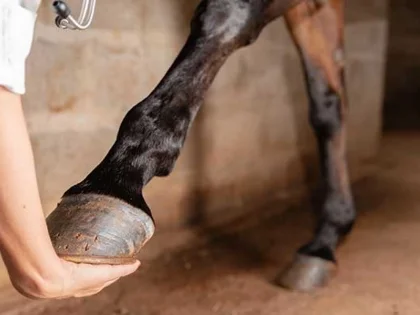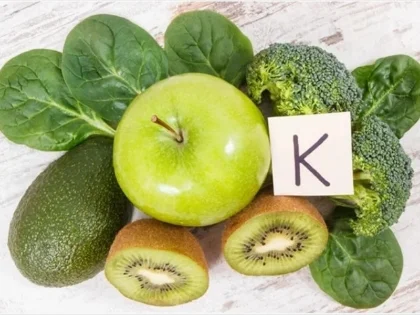Grapefruit For Better Sleep: The Surprising Connection
A balanced diet should include fruits and vegetables, and a recent study suggests that doing so may enhance your quality of sleep. However, eating fruits and vegetables a few hours before going to bed can result in a sugar spike that may lower your body's natural melatonin production. Fortunately, grapefruit is an exception to this rule. An outstanding source of potassium, vitamin C, choline, folate, and lycopene is the pink-on-the-inside relative of oranges and pomelo.
Lycopene
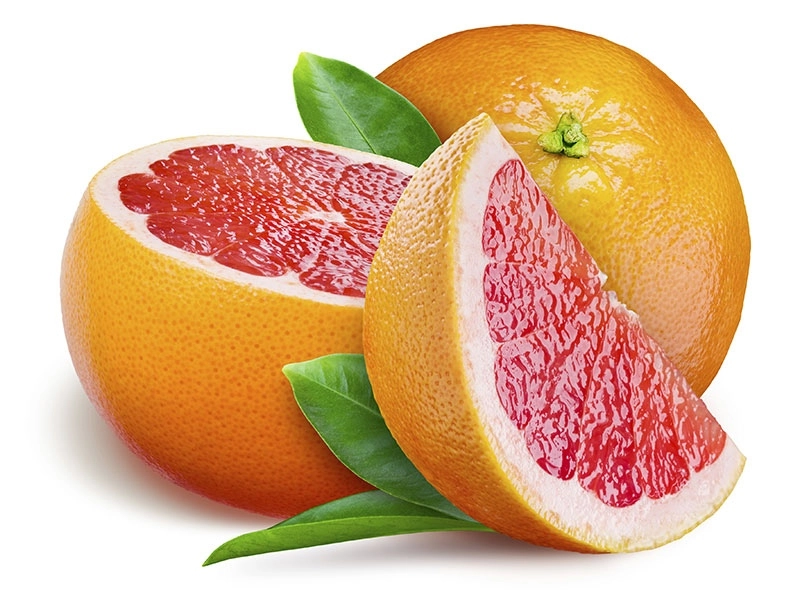
Tryptophan
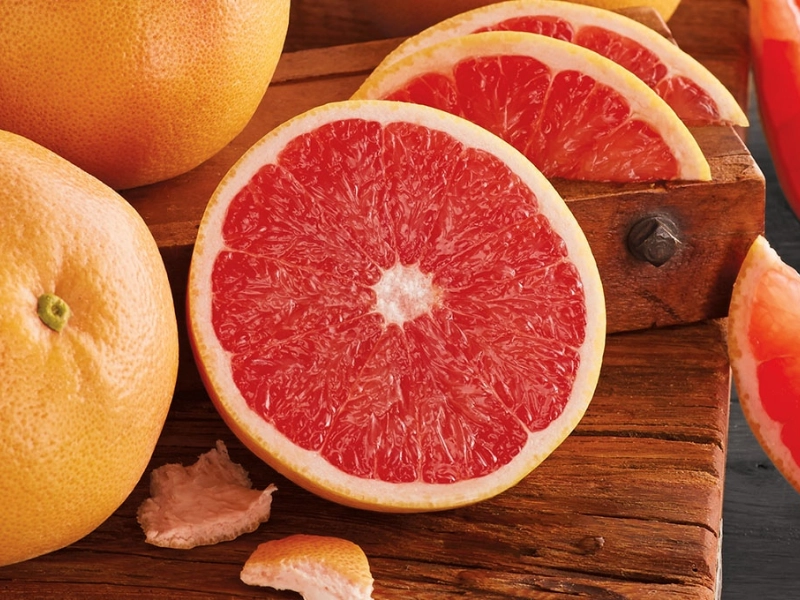 Tryptophan is a naturally occurring sleep aid; however, many people equate it with Thanksgiving turkey and post-meal drowsiness. It is necessary for the production of melatonin, serotonin, and niacin, all of which are involved in mood, thought processes, and the sleep-wake cycle.
WebMD states that eating a healthy diet rich in tryptophan will help you sleep better and wake up earlier. If you have heartburn issues, however, consuming grapefruit juice right before bed may exacerbate your symptoms, particularly if it's acidic.
The good news is that you can choose fresh grapefruit that is low in sodium and calories. Additionally, the fruit has magnesium and potassium, both of which calm muscles. Lycopene, another antioxidant found in several fruits, has been demonstrated to enhance sleep quality. The secret is to incorporate a variety of foods into your diet that help you fall asleep. If you do this, you will reap the full benefits of tryptophan. Tryptophan is abundant in foods including meat, dairy, seeds, and nuts.
Tryptophan is a naturally occurring sleep aid; however, many people equate it with Thanksgiving turkey and post-meal drowsiness. It is necessary for the production of melatonin, serotonin, and niacin, all of which are involved in mood, thought processes, and the sleep-wake cycle.
WebMD states that eating a healthy diet rich in tryptophan will help you sleep better and wake up earlier. If you have heartburn issues, however, consuming grapefruit juice right before bed may exacerbate your symptoms, particularly if it's acidic.
The good news is that you can choose fresh grapefruit that is low in sodium and calories. Additionally, the fruit has magnesium and potassium, both of which calm muscles. Lycopene, another antioxidant found in several fruits, has been demonstrated to enhance sleep quality. The secret is to incorporate a variety of foods into your diet that help you fall asleep. If you do this, you will reap the full benefits of tryptophan. Tryptophan is abundant in foods including meat, dairy, seeds, and nuts.
Calcium
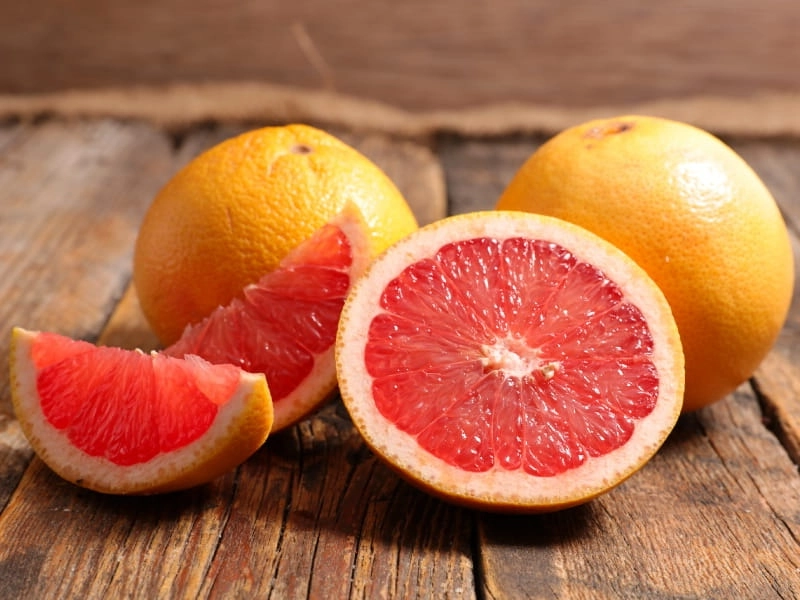 The nutrient-dense superfood grapefruit is rich in beta-carotene, calcium, magnesium, potassium, vitamin C, and flavonoids. It can support your microbiota, strengthen your immune system, aid in weight loss, reduce hunger, fight weariness, and improve your quality of sleep.
Before going to bed, a cup of freshly squeezed grapefruit juice can make a delicious snack. It's a low-calorie (only 52 calories) option that provides your body with the daily recommended amounts of potassium and vitamin C.
Remember that consuming a lot of fruit juice right before bed might result in dyspepsia and elevated blood sugar, both of which can prevent the body from producing melatonin. Additionally, grapefruit should be avoided if you are on any prescription drugs. It interacts with certain anti-inflammatory medications, blood pressure, and cholesterol medications. Before incorporating it into your diet, consult with your physician. First of all,
The nutrient-dense superfood grapefruit is rich in beta-carotene, calcium, magnesium, potassium, vitamin C, and flavonoids. It can support your microbiota, strengthen your immune system, aid in weight loss, reduce hunger, fight weariness, and improve your quality of sleep.
Before going to bed, a cup of freshly squeezed grapefruit juice can make a delicious snack. It's a low-calorie (only 52 calories) option that provides your body with the daily recommended amounts of potassium and vitamin C.
Remember that consuming a lot of fruit juice right before bed might result in dyspepsia and elevated blood sugar, both of which can prevent the body from producing melatonin. Additionally, grapefruit should be avoided if you are on any prescription drugs. It interacts with certain anti-inflammatory medications, blood pressure, and cholesterol medications. Before incorporating it into your diet, consult with your physician. First of all,
Vitamin C
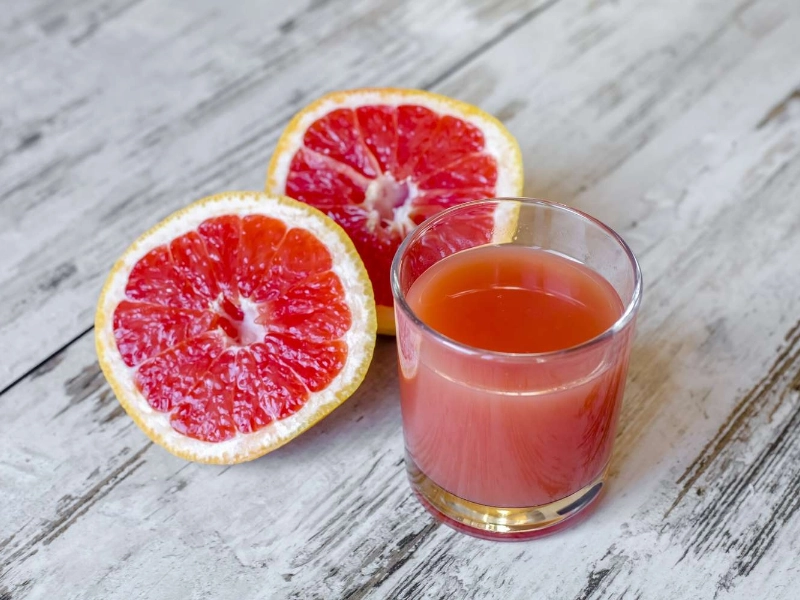 Sleeping enough is essential for optimal health. Fortunately, with dietary modifications, you can increase the length and ease of your sleep. For example, vitamin C lowers cortisol levels, a hormone that might wake you up in the middle of the night.
In addition to being high in nutrients, this superfood also contains calcium, magnesium, folate, vitamin A, and vitamin B6. It's a low-calorie option that has organic components like potassium, tryptophan, and lycopene that promote better sleep.
Avoid consuming grapefruit right before bed if you have heartburn since it may conflict with some medications, according to Livestrong. Rather than that, have a glass of grapefruit juice in the morning or toss some juicy slices into your salad for a midday boost that will help you sleep through the night.
Sleeping enough is essential for optimal health. Fortunately, with dietary modifications, you can increase the length and ease of your sleep. For example, vitamin C lowers cortisol levels, a hormone that might wake you up in the middle of the night.
In addition to being high in nutrients, this superfood also contains calcium, magnesium, folate, vitamin A, and vitamin B6. It's a low-calorie option that has organic components like potassium, tryptophan, and lycopene that promote better sleep.
Avoid consuming grapefruit right before bed if you have heartburn since it may conflict with some medications, according to Livestrong. Rather than that, have a glass of grapefruit juice in the morning or toss some juicy slices into your salad for a midday boost that will help you sleep through the night.

